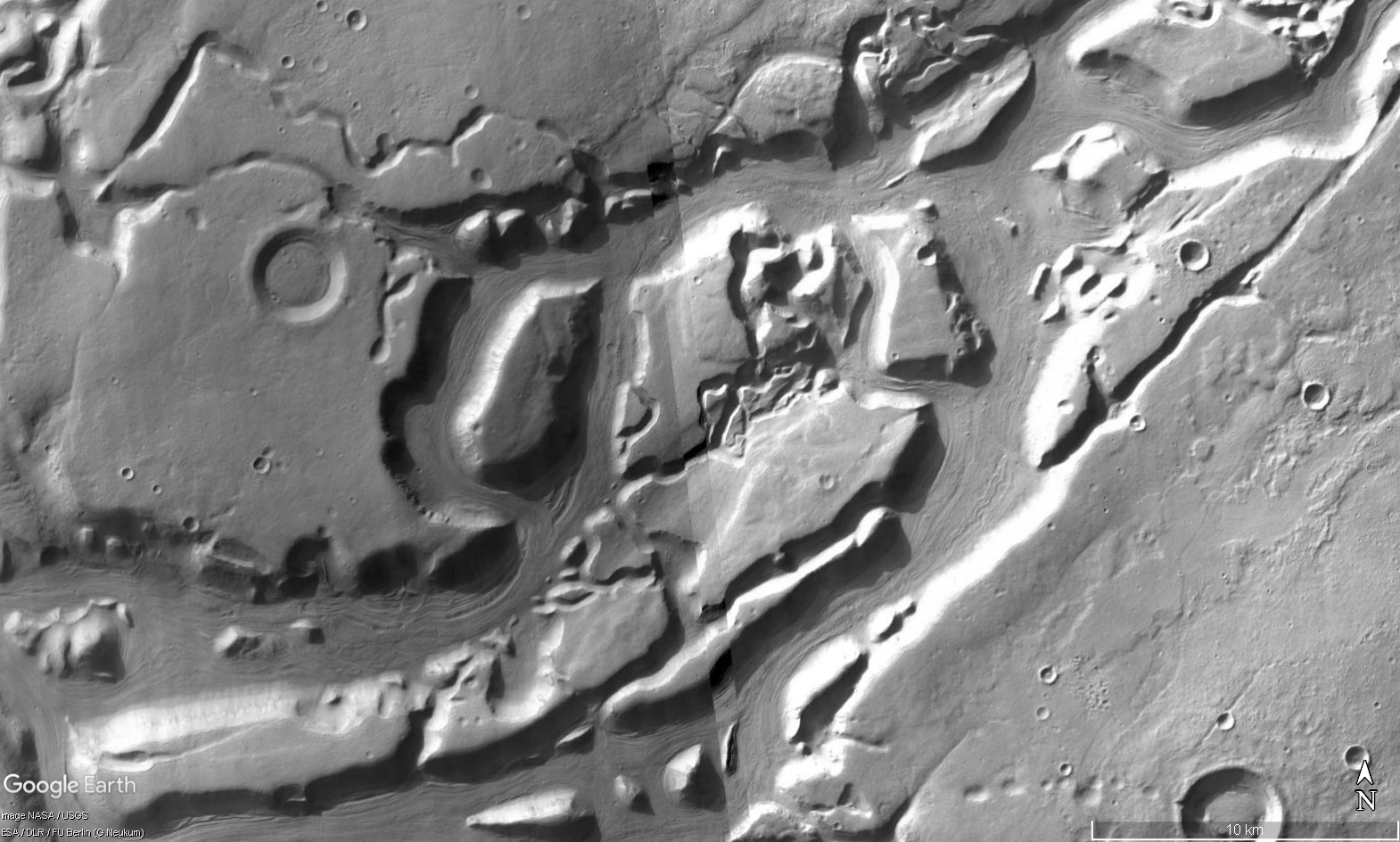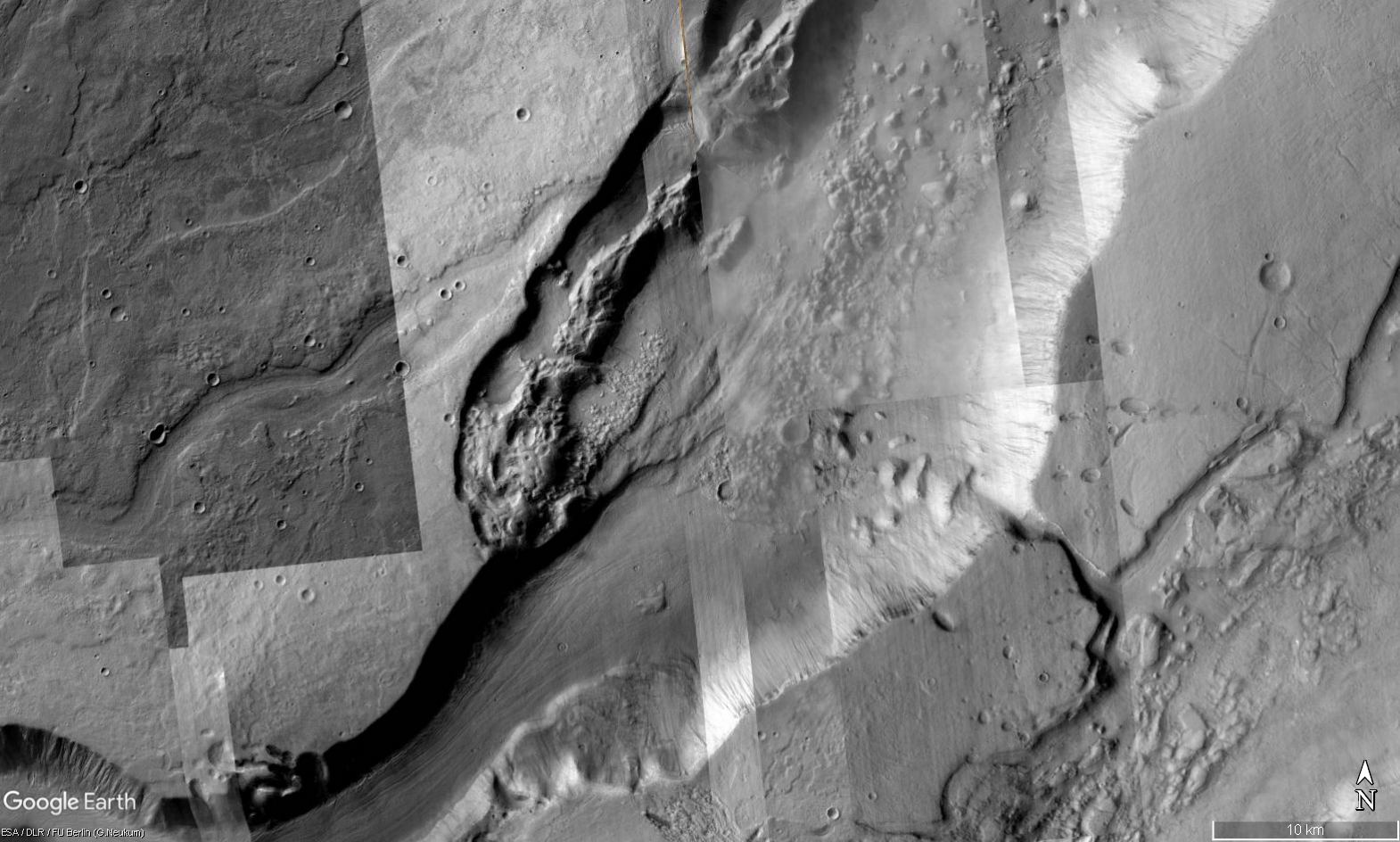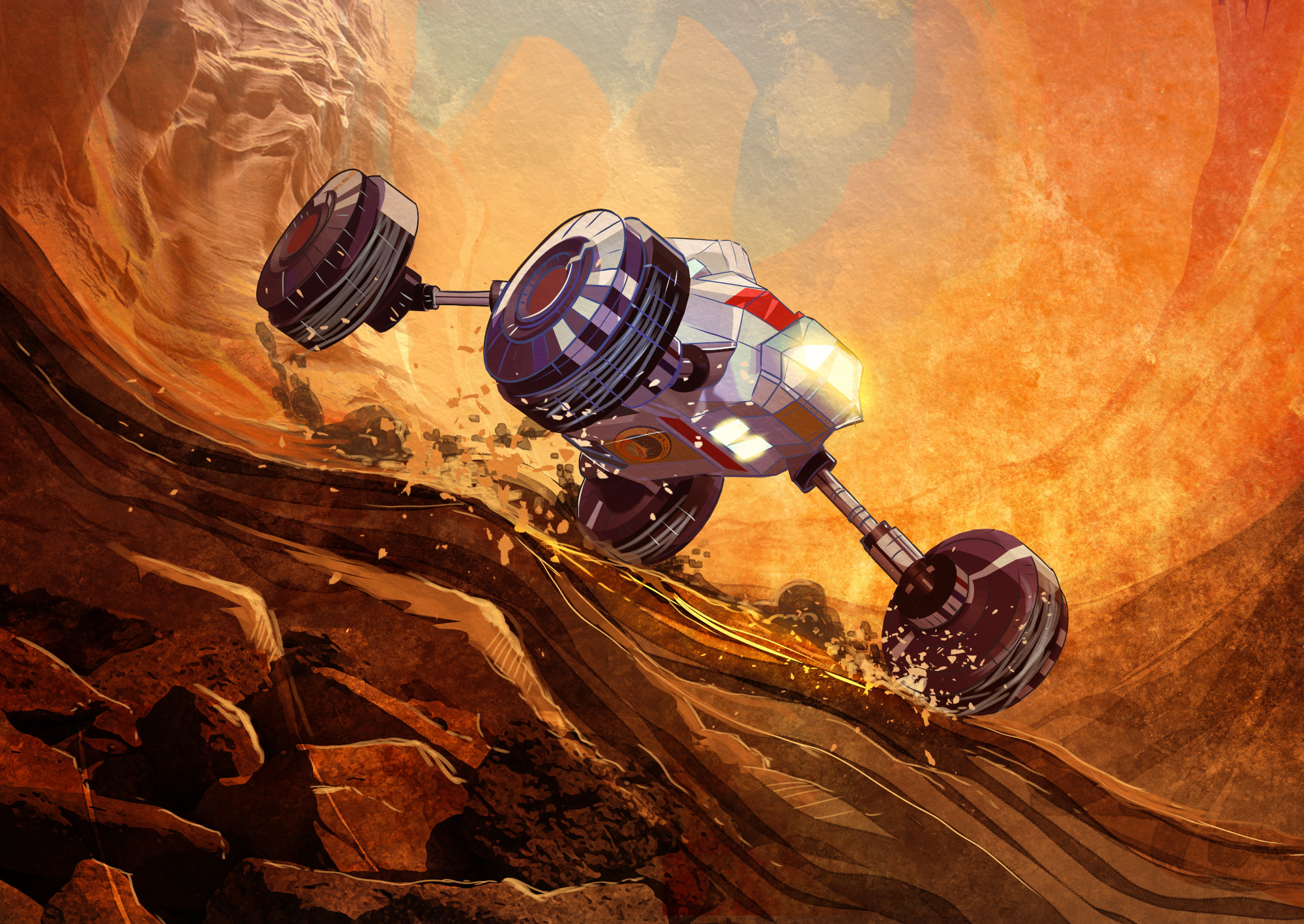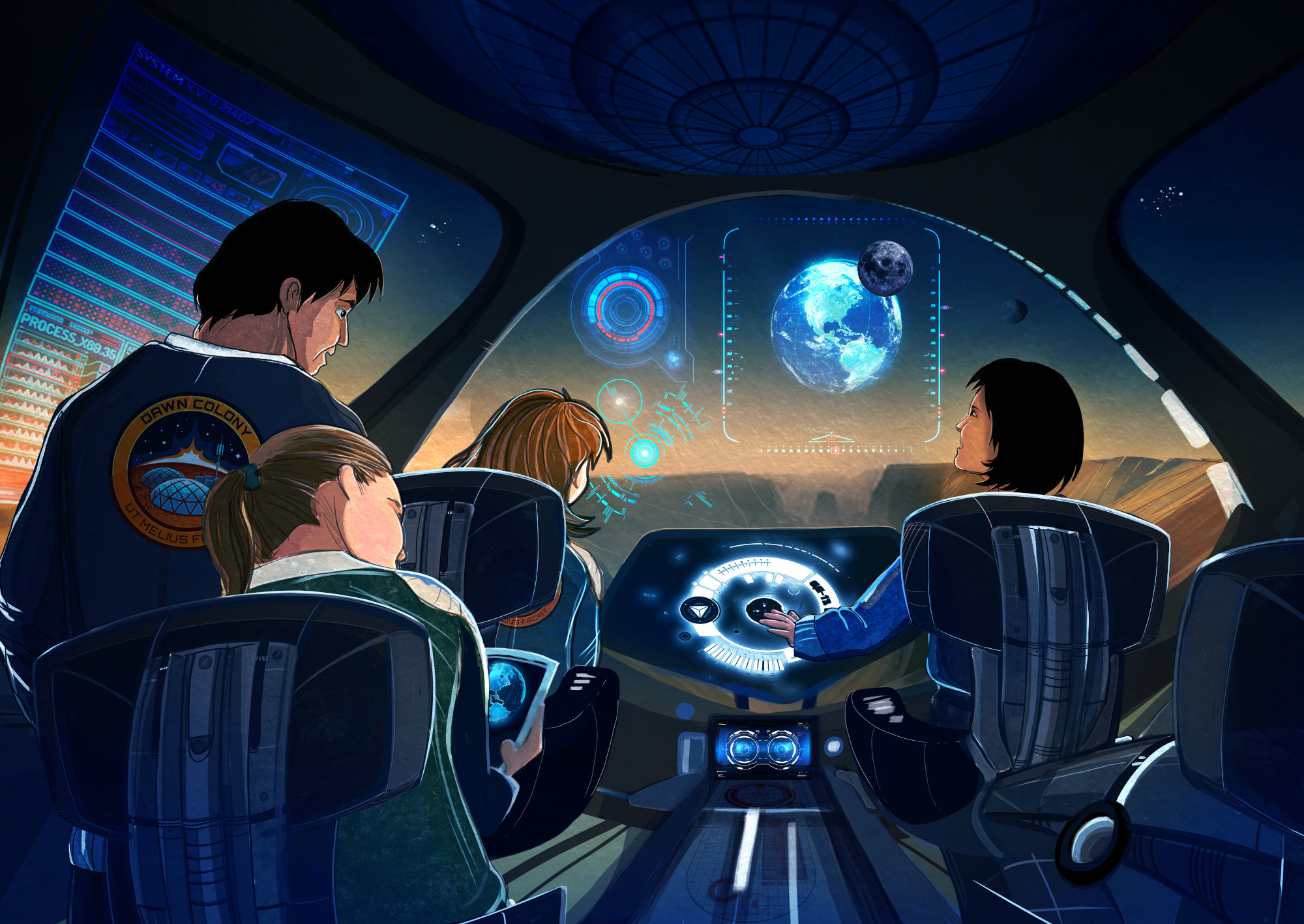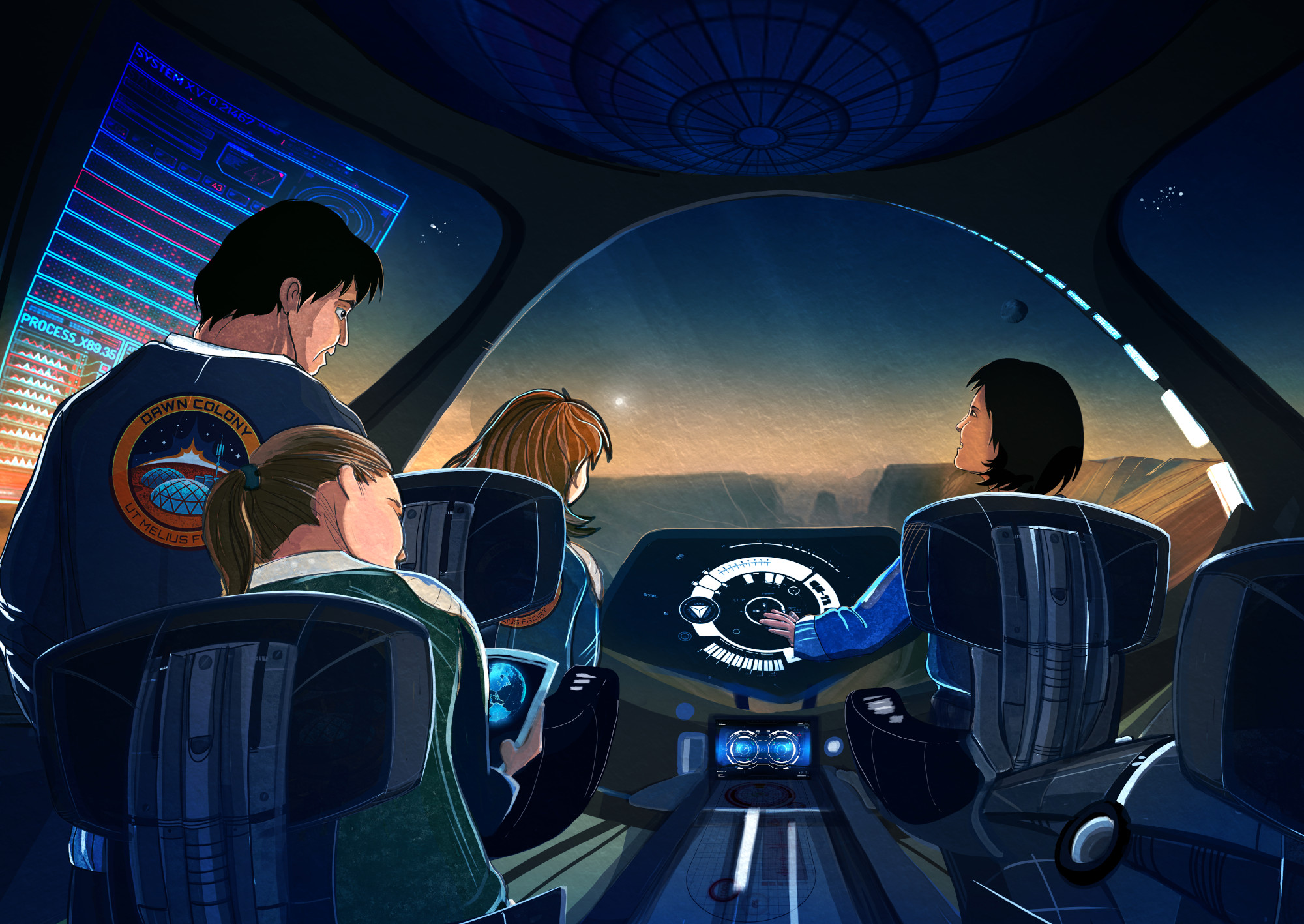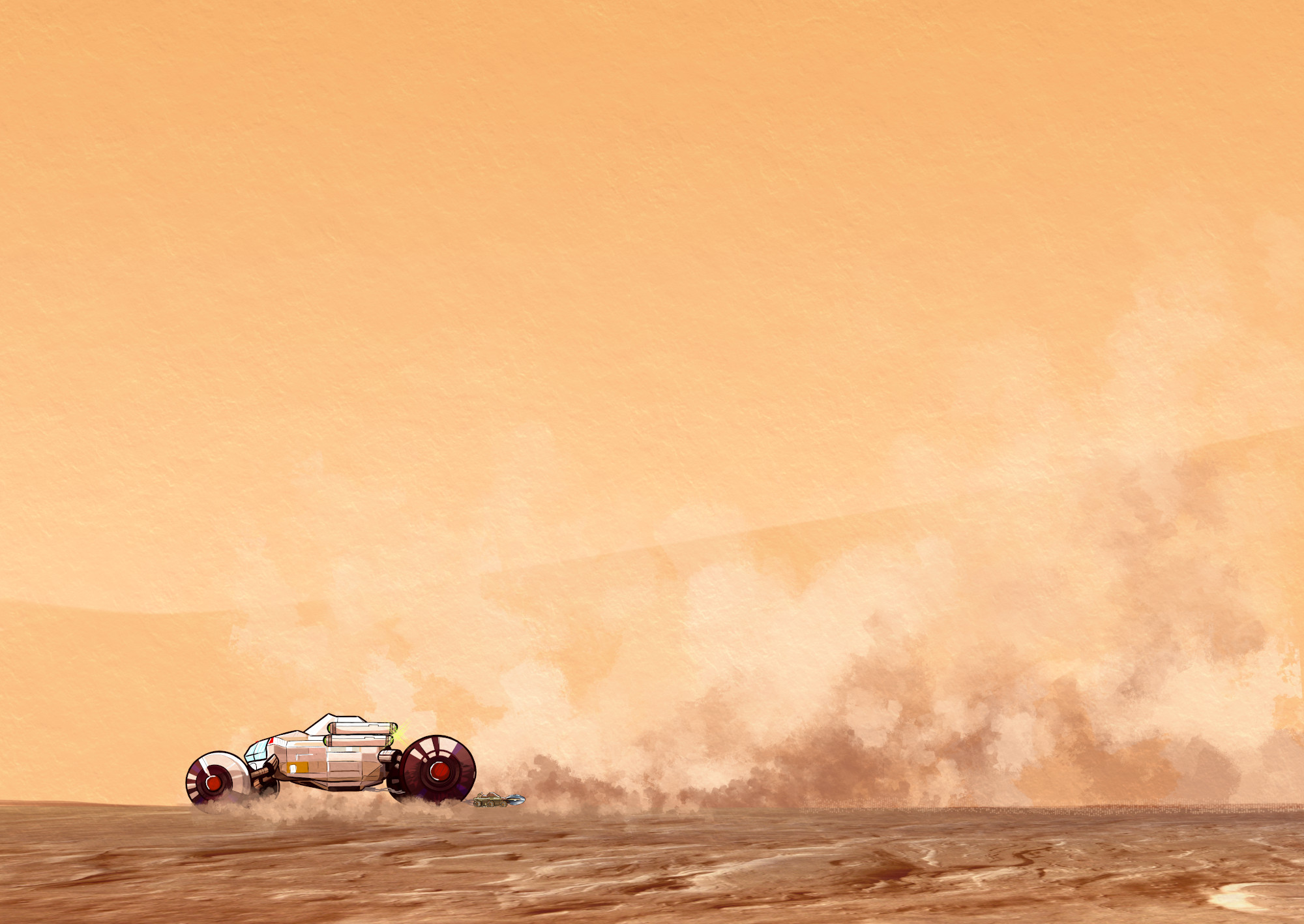Sometimes, twisting of magnetic fields within the corona gets so tight that the tension abruptly snaps, sending massive loops of plasma racing away from the Sun in an event called a coronal mass ejection (CME). Most of the time, these clouds of particles dissipate into space without causing any harm.
Sometimes, the cloud of particles is pointed straight at one of the inner planets. When this happens, the high-speed charged particles slam into the planet in what is called a solar particle event (SPE). For planets with thick atmospheres and strong magnetic fields, most of the energy dissipates far above the surface. Mars has neither a thick atmosphere nor a strong magnetic field. When an SPE occurs on Mars, the surface is flooded with high energy particle radiation.
Sometimes, two or more CMEs will happen in the same place on the Sun, one after another. When this happens, the first clears a path for the ones that follow, allowing them to race even faster out into the solar system.
Sometimes, two or more CMEs will happen in the same place on the Sun and point straight at one of the inner planets. When this happens, the SPE on the planet can go on for several days.
One time in particular, when a mother and father and their two children were on their first camping trip, that planet was Mars.

Shelter: Generation Mars, Book Two
Coming March 1st
(available for pre-order now: https://www.amazon.com/Shelter-Generation-Mars-Book-Two/dp/1733731040)
(image: Luis Peres)




